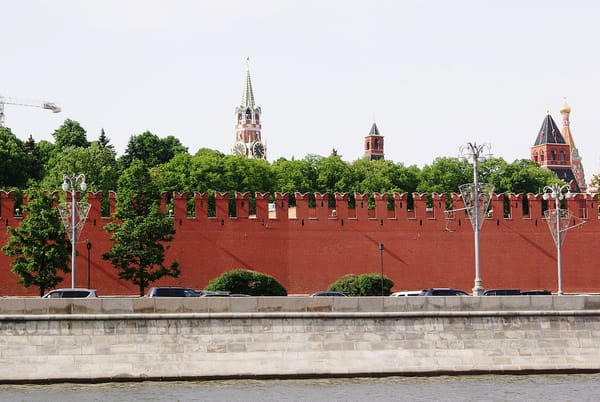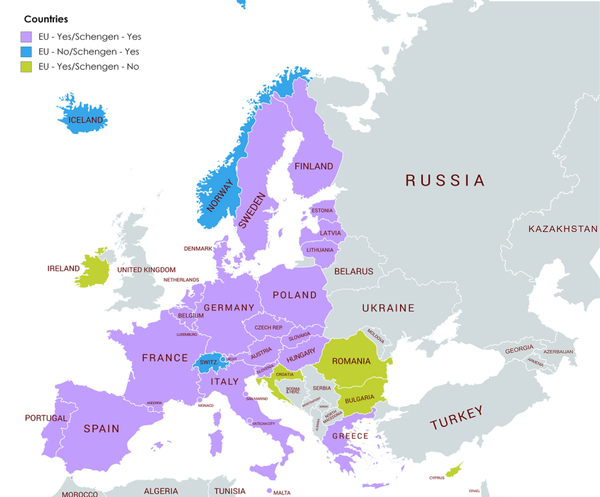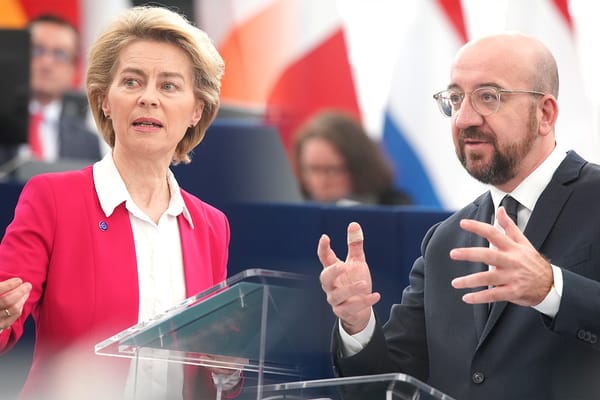
Moldova's Reformers Win Big
In Moldova, president Maia Sandu’s Action and Solidarity party has garnered the greatest share of the vote, 52.8%, in Sunday’s snap parliamentary elections. Based on the results, the pro-European party will have 63 of the 101 seats – and that the country with a population of 2.6 million looks to align itself with the West rather than remain in Russia’s sphere of influence. A coalition of socialists and communists received just over 27% of the tally.
Pledging honesty and competence, President Sandu, a 49-year-old former World Bank economist, called it a vote for change. In a bid to show support for the reform movement in Moldova in the face of parties backed by the Kremlin, she had called the elections back in April.
Source: Euractiv





